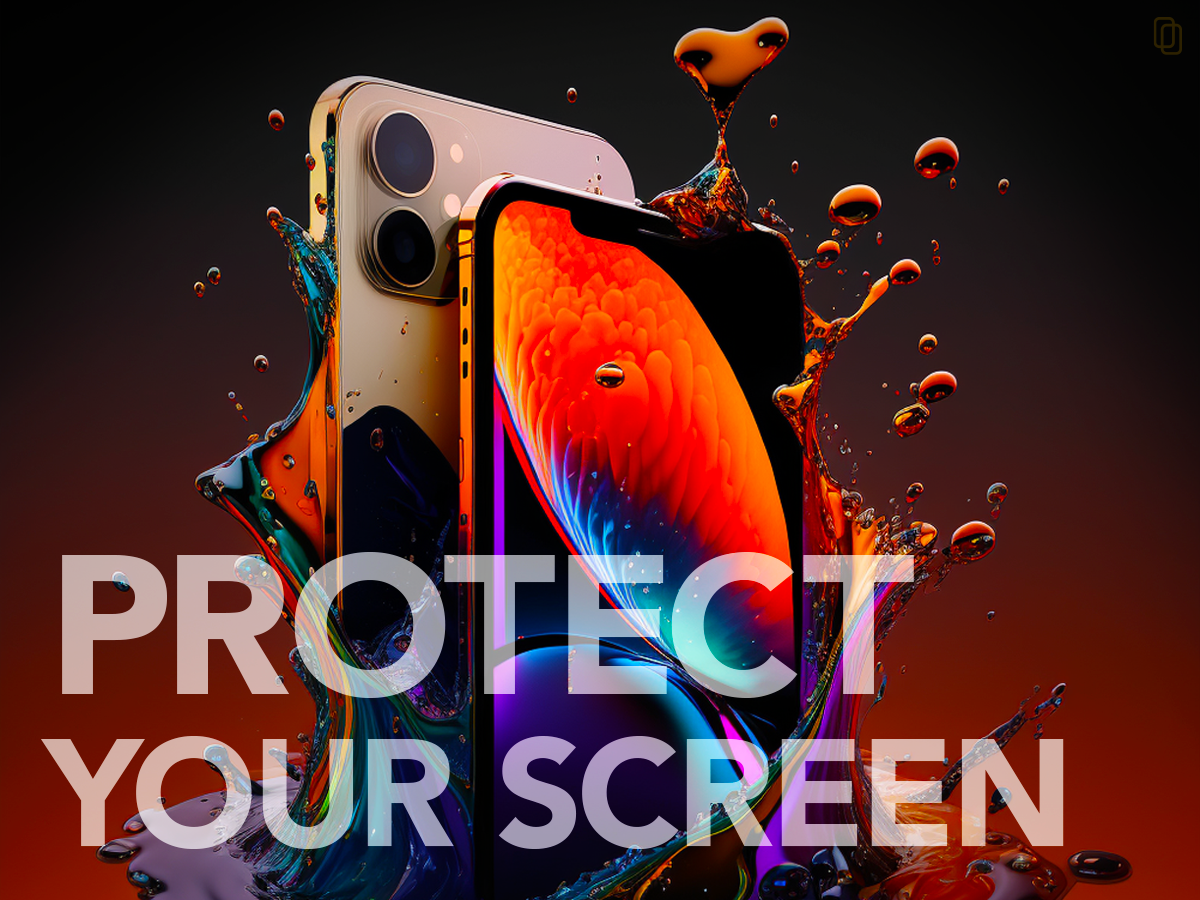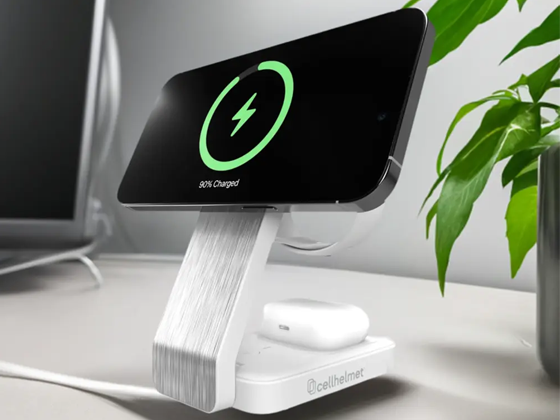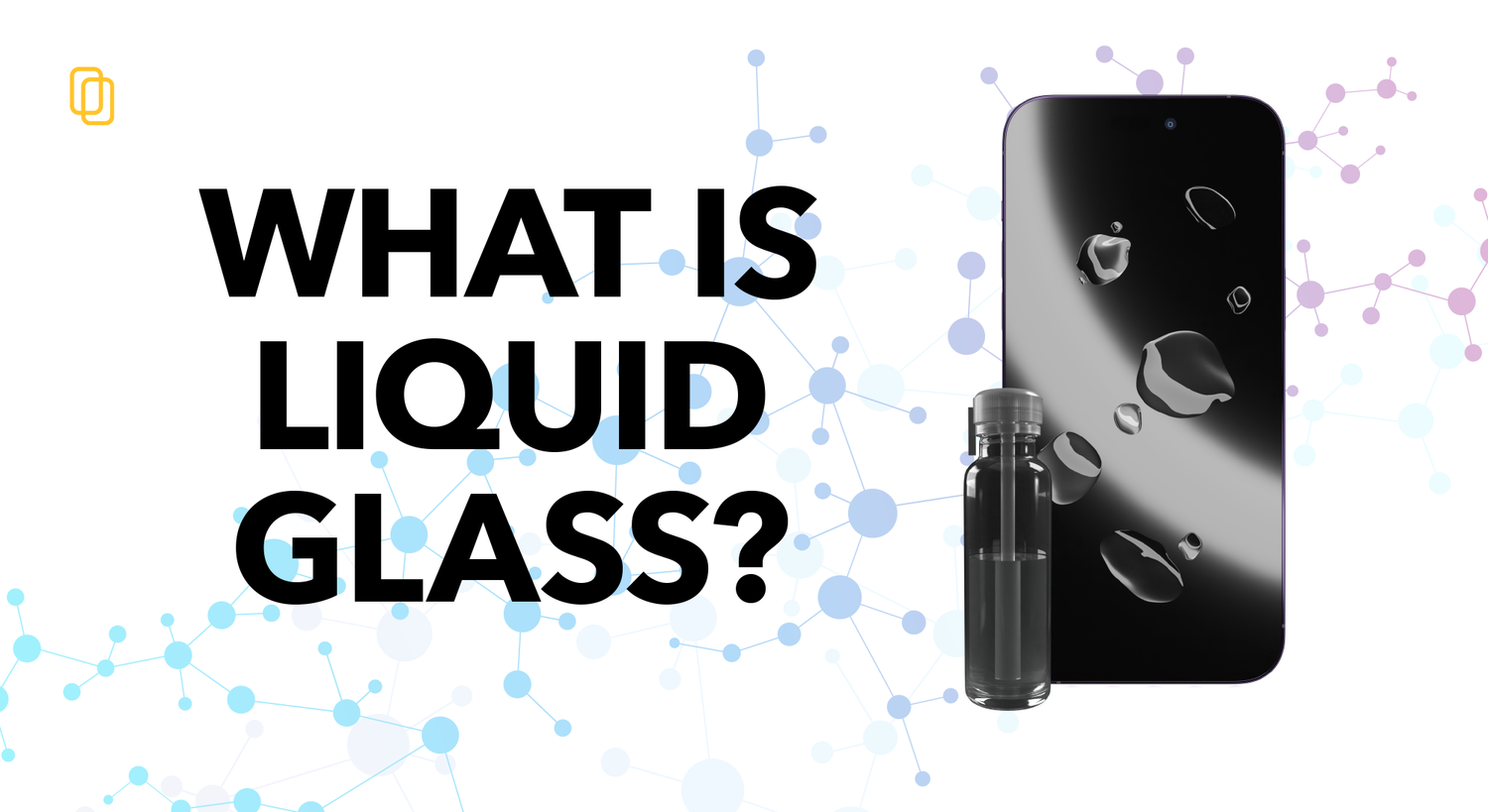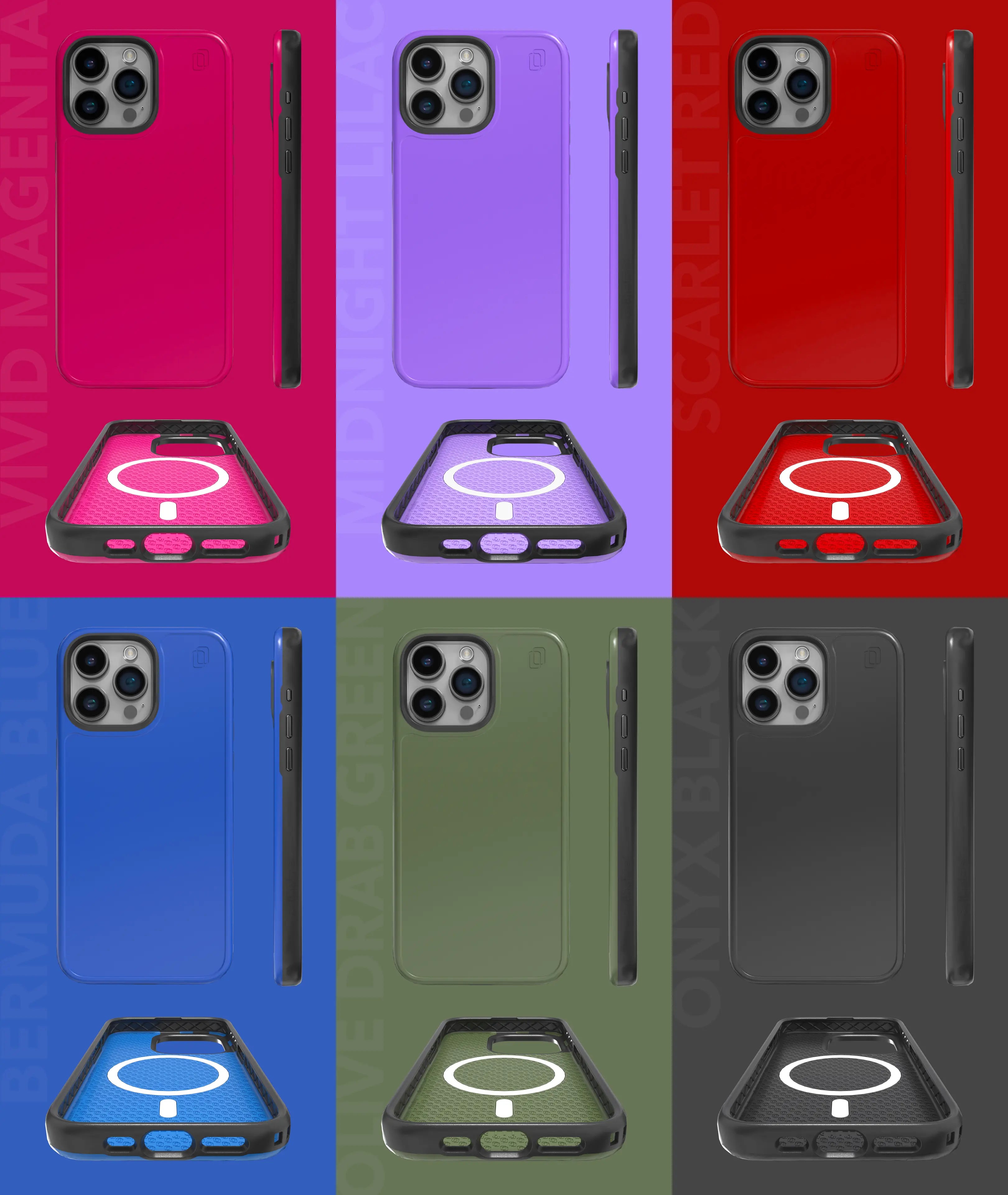What is Liquid Glass Screen Protector?
A liquid glass screen protector is a specific application of a proprietary liquid mixture designed to protect smartphone screens and other electronic displays.
Definition and Purpose: Liquid glass screen protectors are applied as a liquid and bond with the surface on a molecular level to form a strong, transparent, and scratch-resistant layer on the screen. They protect screens from scratches, cracks, and smudges, providing a bubble-free and easy-to-clean surface.
Advantages over Traditional Screen Protectors: Unlike traditional screen protectors made of tempered glass or plastic, liquid glass screen protectors provide edge-to-edge protection without interfering with the device's touch sensitivity or clarity. They are also easier to apply and are compatible with curved screens.
Installation and Usage Instructions: The application process involves cleaning the screen, applying the liquid glass, and allowing it to dry, or “cure.” Detailed instructions are usually provided with the product, ensuring a smooth and effective installation.

Does Liquid Glass Work?
Yes. Liquid glass, also known as nano-glass or SiO2 liquid, is a state-of-the-art protective coating made from silicon dioxide particles. Its molecular structure creates a super-smooth surface when applied to various materials, including glass, metal, ceramics, and textiles. The nanoparticles in liquid glass form a strong bond with the substrate, resulting in a durable, transparent, and protective layer.
The Science Behind Liquid Glass: Liquid glass works by filling microscopic pores on the substrate's surface, creating a hydrophobic and oleophobic barrier. This repels water, oils, dirt, and other contaminants, making the coated surface easy to clean and resistant to scratches.
Key Properties and Benefits: Liquid glass can enhance the hardness of surfaces, improving scratch resistance and extending the substrate's lifespan. Additionally, the hydrophobic nature of liquid glass makes it excellent for repelling water and moisture, making it ideal for waterproofing applications. It also provides UV protection, chemical resistance, and thermal stability.
 How Long Does Liquid Glass Last?
How Long Does Liquid Glass Last?
The longevity of liquid glass coatings depends on various factors, including the quality of the product, the surface it is applied to, and the conditions it is exposed to.
Factors Affecting Longevity: The quality and concentration of silicon dioxide in the liquid glass product play a crucial role in determining its durability. Surfaces exposed to harsh environments, such as extreme temperatures or abrasive conditions, may require more frequent reapplications.
Typical Lifespan: Under optimal conditions, a well-applied liquid glass coating can last anywhere from six months to two years. However, some high-quality products claim to have a lifespan of up to five years or more.
Maintenance Tips: To prolong the effectiveness of liquid glass, regular maintenance is essential. Gentle cleaning with non-abrasive materials and avoiding harsh chemicals will help preserve the coating's integrity.
Can You Remove Liquid Glass?
While liquid glass is known for its durability, there may be instances when you need to remove or replace the coating.
Methods for Removal: The process of removing liquid glass involves using abrasives, chemicals, or specific solvents, depending on the substrate and the type of liquid glass used. It is essential to follow the manufacturer's guidelines and safety precautions during the removal process.
Potential Risks and Precautions: Removing liquid glass incorrectly can damage the underlying surface. Always perform a small test area first to assess the compatibility of the removal method with the substrate.
Reapplication Options: After removing the old liquid glass coating, you can reapply a new layer to restore the protective properties.
Liquid Glass vs. Other Protective Coatings
 Comparing Liquid Glass to Nano-coatings and Hydrophobic Coatings: Liquid glass offers several advantages over other protective coatings, such as better adhesion, transparency, and hardness. Its ability to create a nano-thin layer sets it apart from traditional coatings.
Comparing Liquid Glass to Nano-coatings and Hydrophobic Coatings: Liquid glass offers several advantages over other protective coatings, such as better adhesion, transparency, and hardness. Its ability to create a nano-thin layer sets it apart from traditional coatings.
Cost-effectiveness and Long-term Value: While liquid glass coatings may have a higher upfront cost, their longevity and superior protective properties often provide long-term value and cost savings, especially when compared to frequent replacements of traditional coatings.
Read more: "The Ultimate Guide to Protecting Your Smartphone Screen"
Conclusion
Liquid glass is a revolutionary technology that offers exceptional protection, durability, and versatility across various applications. Its ability to create a super-smooth, hydrophobic surface has made it a popular choice in industries such as electronics, automotive, construction, and textiles. With its eco-friendly properties and long-lasting effects, liquid glass is not only a game-changer for protective coatings but also a step towards a more sustainable future.
By answering the frequently asked questions about liquid glass, we hope to have provided a comprehensive understanding of this remarkable technology. Whether you're looking to safeguard your smartphone screen or enhance the durability of industrial materials, liquid glass has proven to be a promising solution for an array of needs. As technology continues to evolve, the future of liquid glass is undoubtedly bright, paving the way for even more innovative and sustainable applications in the years to come. So, go ahead and explore the possibilities of liquid glass for your specific requirements, and experience its protective benefits firsthand!





